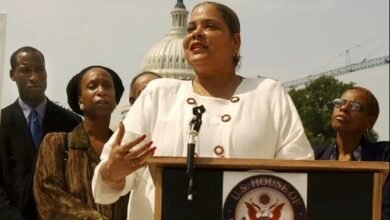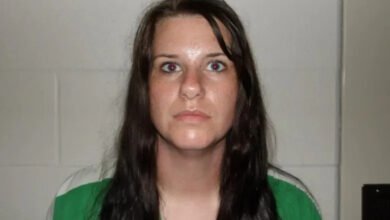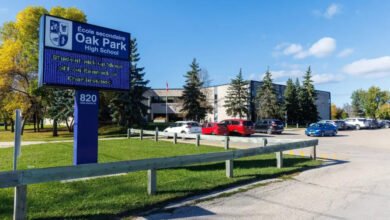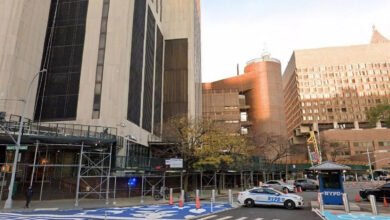Groomed at 15, Sarah Kopp Fights Back and Brings Her Former Teacher to Justice
Child Sexual Abuse
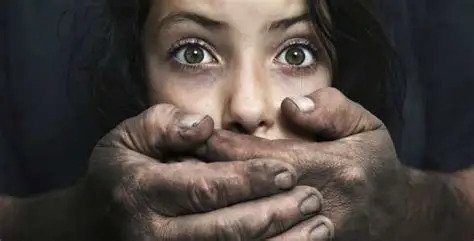
A Life Derailed by Trust
At just 15 years old, Sarah Kopp was a bright, aspiring dancer at Urangan State High School in Queensland when her life was upended by Paul Grealy, her physical education teacher.
Grealy, then 31, groomed Sarah, using flattery, “special attention,” and physical contact disguised as affection, to manipulate her trust. Like many grooming cases, it began with emotional dependency and escalated into sexual abuse, cloaked in secrecy and fear.
Her search for belonging compounded Sarah’s vulnerability. Raised by a single mother, she longed for a father figure. Grealy exploited that emotional void, gaining the trust of both Sarah and her mother, Debra, a classic grooming tactic that blurred boundaries between home and school.
The Deep Roots of Grooming
Grooming rarely begins with overt abuse; it starts with trust-building and boundary testing. In Sarah’s case, Grealy’s charm disarmed both student and parent. He blurred professional boundaries, visited their home, and manipulated their emotions.
Sarah’s teachers later admitted they had suspicions but lacked clear procedures or confidence to act. This highlights a crucial gap in safeguarding culture within many schools: without structured awareness and accountability, warning signs can easily be missed or dismissed.
She Married Her Abuser
At 21, Sarah married her abuser and later had two children with him, a decision shaped by years of manipulation and psychological control. Her marriage, marked by hostility and suppression, mirrored the power imbalance of her teenage years.
Through therapy, Sarah realized her “anger issues” were actually trauma responses to long-term emotional and sexual abuse. After eight years, she broke free and began rebuilding her life, but the effects of grooming lingered long after the marriage ended.
The Courage to Speak
In 2018, after years of silence, Sarah reported Grealy to the police. She feared that marrying him would invalidate her story, but her courage prevailed. Detective Senior Constable Julia Ward believed her from the outset. She began an investigation that led to Grealy’s conviction on multiple counts of indecent treatment of a child under 16 and maintaining an unlawful relationship with a child.
For Sarah, the verdict brought long-awaited validation. For her children, it revealed the painful truth of their father’s crimes. For schools, it underscored how failing to act early can allow predators to operate for decades.
Safe Recruitment: Lessons for Schools
Sarah’s case reinforces the critical importance of safe recruitment, rigorous background checks, and professional conduct training in all schools.
1. Vetting and Monitoring
Schools must ensure that all staff undergo comprehensive background screening, including reference verification, criminal history checks, and ongoing monitoring.
2. Clear Codes of Conduct
Educators should operate under strict professional boundaries, with transparent policies defining appropriate interactions between staff and students, both inside and outside school grounds.
3. Training to Recognize Grooming
Teachers, administrators, and support staff need annual safeguarding training to identify early signs of grooming, boundary violations, and behavioral red flags.
4. Empowering Students and Parents
Schools must foster open communication channels where students feel safe to report inappropriate behavior and parents are engaged as active partners in child protection.
5. Accountability and Culture
A “safe school” is not defined by the absence of incidents but by a culture of vigilance, trust, and swift response. When suspicions arise, hesitation can cost lives and futures.
Healing Through Advocacy
Now 40, Sarah has turned her trauma into purpose. Through her initiative, Step In For Kids, she is educating schools, parents, and communities about grooming, power imbalances, and the long-term consequences of abuse.
Her mission is to ensure no child endures what she did. “People need to understand this didn’t just happen when I was 15,” she says. “The ripple effect is lifelong.”
Sarah’s strength lies not only in her survival but in her determination to build a system that prevents harm before it happens.
The Call to Action
Sarah’s story must serve as a wake-up call for schools, governments, and communities. Protecting children begins with proactive policies, trained educators, and transparent systems that leave no room for silence. Her journey reminds us that safeguarding children is not optional, it is the foundation of a truly safe and just education system.

